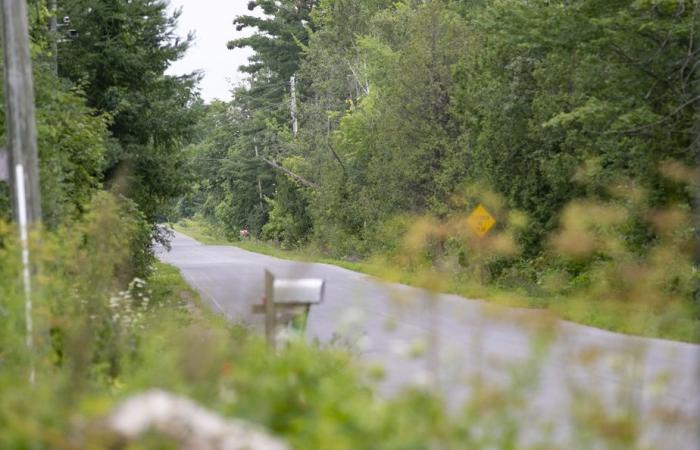The president-elect pledged to lead “the largest deportation operation in American history” on his first day in the White House. “Perhaps up to 20 million” people will be affected, he said. Should we be worried?
Published at 12:48 a.m.
Updated at 5:00 a.m.
Who are these millions of people?
They are illegal immigrants. According to the latest US government estimates, it is not 20 million, but rather 11 million people who have been living without authorization in the United States, the vast majority for more than 10 years.
“The figure of 20 million is misinformation,” explains Danièle Bélanger, professor of geography and holder of the Canada Research Chair in global migration dynamics at Laval University. “The most sophisticated estimates show that, for 15 years, the population of people without status has been fairly stable, at 11 million. »
Mr. Trump used this figure to amplify his criticism of the Biden administration during which irregular entries, especially at the southern border, exploded in 2023, to exceed two million.
Can Mr. Trump make good on his threat?
In theory, yes. But an initiative of the magnitude of the one he is proposing would face significant problems of logistics, resources and diplomacy. Additionally, images or videos of U.S. agents arresting families with children, elderly people, or longtime residents with no criminal history would spark an outcry.
“There is a lot of spectacle in this threat,” analyzes Danièle Bélanger. The resources that this will take, both financial and human, and all the protests that it risks causing from different stakeholders will be enormous. »
Should we expect a new influx of immigrants to Quebec?
The risks are low, according to experts interviewed by The Press. Especially in the short term. Donald Trump is still not in the White House. We do not know if he will carry out his promise, when he will do it and in what way. It is still early for its threat to provoke massive movements.
In the meantime, the renegotiation of the Safe Third Country Agreement in March 2023 made it possible to close Roxham Road, the main crossing point for people in an irregular situation to reach Canada. The situation is therefore no longer what it was during Donald Trump’s first term.
Entering via Roxham Road is no longer irregular, it is illegal. A person who tries their luck could risk being arrested and sent back to the United States.
Officers from the Royal Canadian Mounted Police (RCMP) will also be deployed along the Canadian border. “The Quebec government will ensure that the federal government protects our borders,” declared François Legault on Wednesday.
What does the Safe Third Country Agreement provide?
Under this agreement, migrants must file their asylum application in the first safe country they set foot in, whether that is the United States or Canada. But there are some exceptions, including this: An illegal immigrant who crosses the border between ports of entry without being intercepted can apply for asylum after 14 days. “But that means that it’s 14 days in super precarious conditions,” underlines Adèle Garnier, professor at Laval University and member of the Chair on Global Migration Dynamics.
This can encourage the creation of smuggling networks. “It is certain that there is a migration industry which could be stimulated to allow certain entries,” observes Danièle Bélanger. But people have lives in the United States. They are not going to give up everything overnight. »
“The smuggler networks must have time to organize themselves,” adds Stephan Reichhold, director of the Table de concertation des organizations serving refugees and immigrants. “It’s happening in the other direction: illegal immigration to the South. There is a good chance that we will see the same phenomenon, but we do not yet know what measures will be put in place by the new administration. When? Will it happen quickly? It’s difficult to guess at the moment. »
What are Donald Trump’s other immigration measures?
The Republican promised to “secure the border” and reinstate the “Muslim Ban”, a very controversial decree that he had promulgated in January 2017, during his first term, which prohibited entry into the United States to citizens of seven Muslim-majority country.
He did not rule out relaunching the “zero tolerance” policy towards families who illegally cross the border between the United States and Mexico: the children were placed in the custody of the United States, while the parents were accused and expelled.
Mr. Trump also promised to end birthright citizenship for children born in the United States to visa-free parents. He said he would sign an executive order to refuse to grant U.S. citizenship to future children of illegal aliens. This provision is included in 14e amendment to the U.S. Constitution and would likely face legal challenges.






